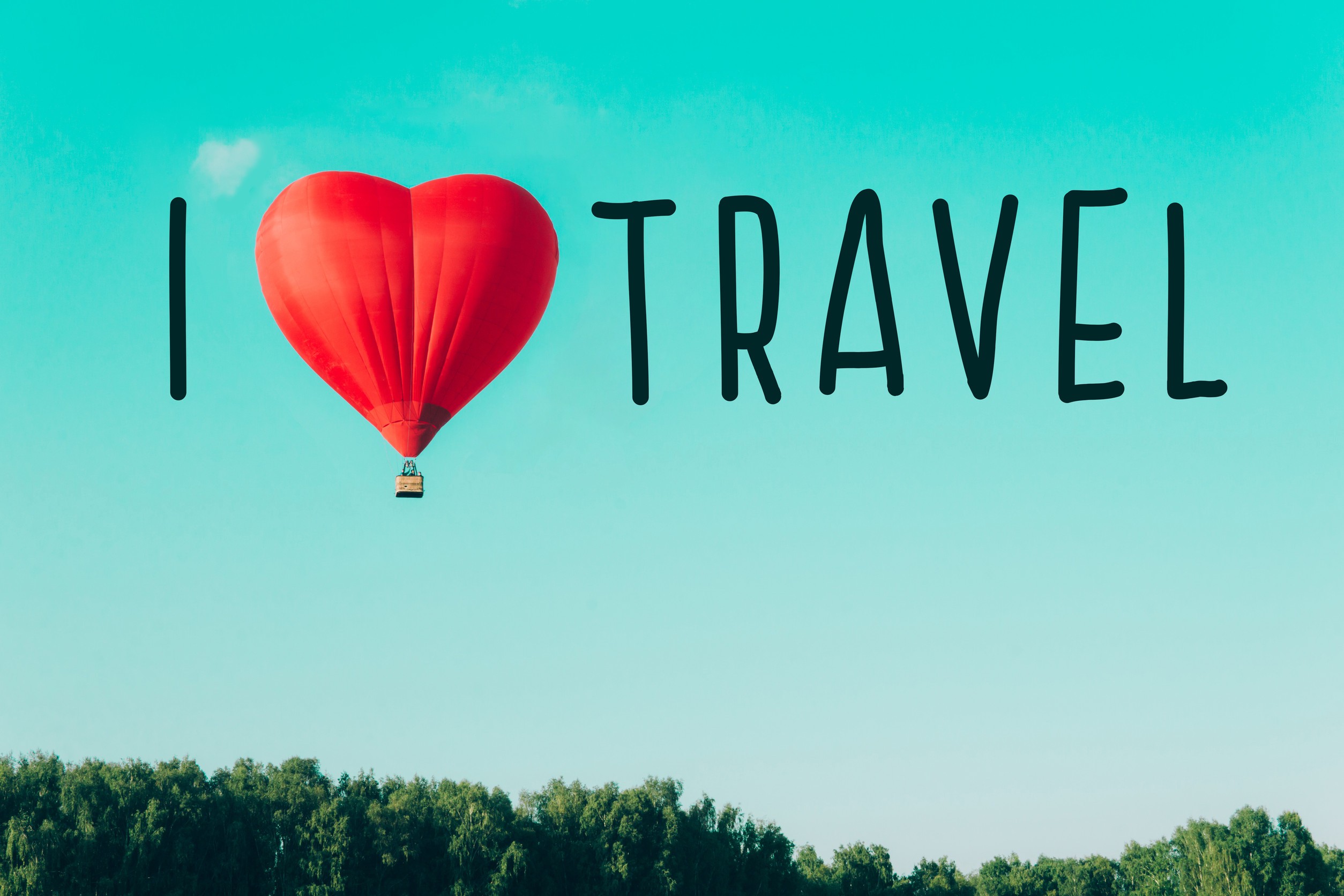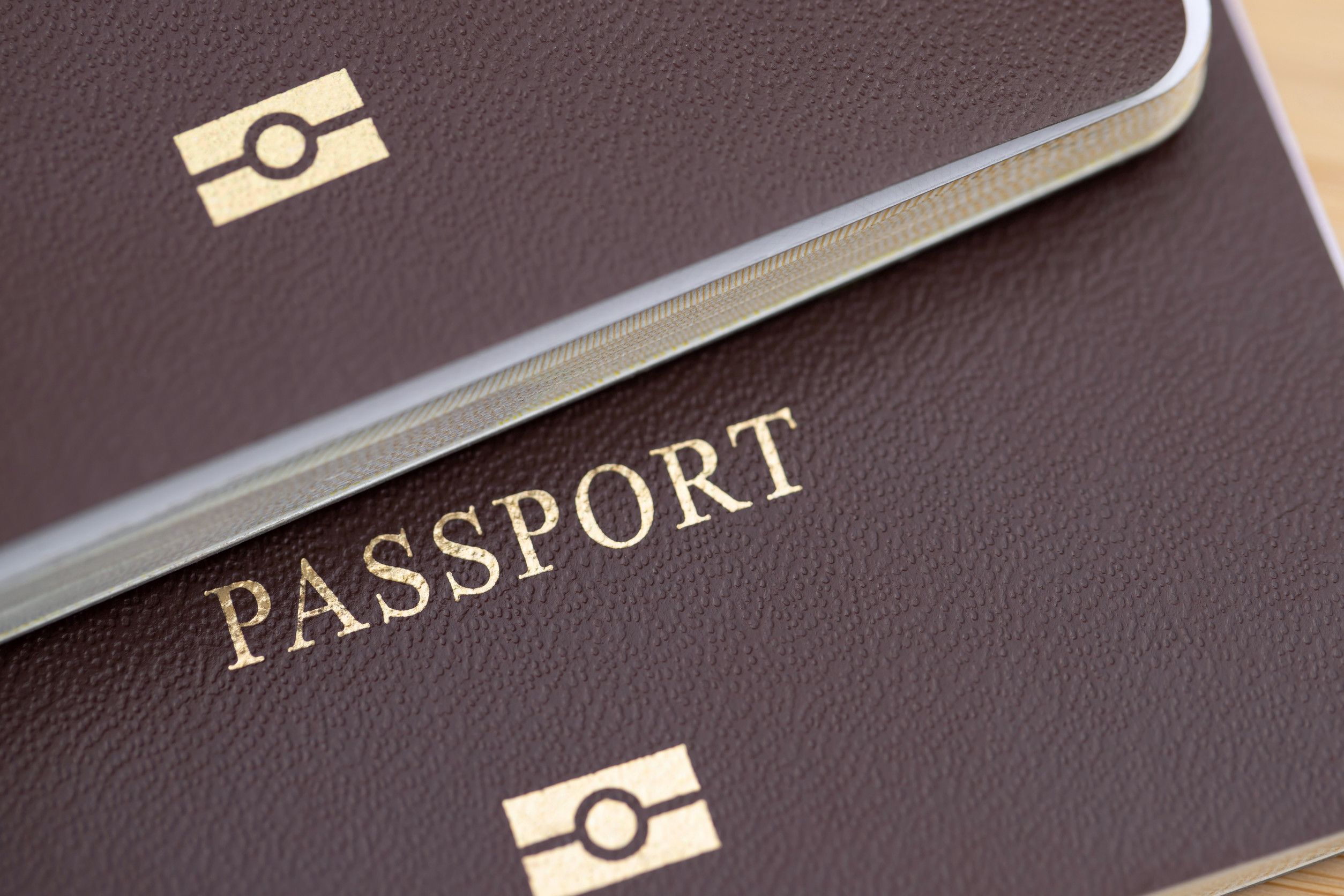Safety Tips for Travelers to Libya

Libya eVisa holders must be aware of their safety and security while travelling to Libya. Libya is known for its unique culture and beautiful desert settings. However, similar to other nations undergoing post-war reconstruction, Libya also faces specific security challenges. Travelling on business, with family, or for adventure, it is equally important to remain safe and prepared.
In this guide, we shall walk you through useful practical safety advice so that you can maximise your Libya vacation with peace of mind.
Before Your Visit, Make Sure You Check Travel Advisories
Before making any travel arrangements, check the relevant travel advice from:
- The Ministry of Foreign Affairs or the Embassy site of your country
- International Bodies such as the UNO or the WHO
In Libya, certain areas may remain unsafe due to the presence of armed groups, roadblocks, or ongoing political tensions. Most governments advise against travel to certain regions, including southern Libya and border areas.
Hint: Travel only in safer places such as Tripoli or Misrata.
Have Your Documents in Order

You have to present the following documents to enter Libya:
- A perfect valid passport (with a validity of at least 6 months).
- A Libya eVisa (apply for in advance unless waived)
- Travel insurance to cover medical emergencies and evacuation, if required
- Hotel reservation or proof of accommodation, if required
Always keep paper and digital copies of your documents in case you lose the originals. Upon arrival in Libya, the first step is to register with the embassy in your country for your safety.
Travel with a Trusted Local Contact
One of the best ways to stay safe is to connect with a trusted local guide, friend, or host. A local contact can help you:
- Understand cultural customs
- Avoid risky neighbourhoods
- Translate in emergencies
- Handle checkpoints and road travel
Some travellers also hire a fixer (a local assistant) for business or media purposes.
👉 Tip: Avoid wandering alone, especially at night or in unfamiliar areas.
Be Careful with Phones, Photos, and Social Media
Taking pictures of military areas, police, or airports is a crime in Libya. You may be arrested or questioned for doing so. Do not try to post anything about Libyan politics on any social media platform. Certain areas may experience restricted or slow internet connections. Do not take photos of anyone local without asking them.
Bring Cash—Cards Might Not Work
Limited banking services is one of the challenges that Libya is still facing. You cannot purchase things using a debit or credit card in most areas. Bring enough cash to exchange them at trusted local contacts or at official places in Libya. To be safer, do not keep all your money in a single wallet or bag.
Move Around Safely
There are some checkpoints in Libya that have roadblocks that are not official and run by armed groups or robbers. There is limited public transport in the country and the travellers usually hire private driver or use a local contact, car or travel with a group with a trusted guide.
👉 Tip: Avoid driving at night, and always tell someone where you’re going.
Prepare for Health and Medical Needs
The healthcare of Libya is still in the process of progressing. There might be a shortage of supplies and the latest equipment in hospitals and clinics. This is why it is necessary to:
- Take all suggested vaccinations (Hepatitis A, B, and Typhoid)
- Carry your own medicine: an assembly of painkillers and products of simple first aid
- Be internationally insured, including coverage of evacuation in case of emergency
Note: Do not consume raw or street food; only drink bottled water to stay fit
Respect Local Culture and Religion
Libya is a conservative Muslim nation and you must respect its culture and customs in order to be safe and accepted. Here is how:
- Women, dress so as to cover your shoulders and knees, i.e., be modest
- Do not consume alcohol in the streets (in Libya it is mostly forbidden)
- Do not kiss in the street or make noise.
- Get to know the simple Arabic greetings – bringing respect to it.
Keep in mind that Friday is a holy day. Numerous stores and services can be closed in order to pray.
Know Direct Emergency Contacts
Look for an important phone numbers list that you can contact during emergencies, including:
- In Libya, the embassy or consulate of your country
- Local policemen or emergency services
- Your hotel or local people
- Your health planner or travel insurance
There is no countrywide system in Libya; always enquire at the hotel or a local tour guide to get the available relevant numbers to use.
Stay Alert and Flexible
You can stay alert by following the below precautions:
- Be a local news and information follower
- Do not be rigid on your travel arrangements
- Do not go in crowds, demonstrations, or political get together
- Be guided by your intuition – when something is not right, then run off
Hint: Never miss an alternative form of transport and lodgings.
👉 Tip: Always have a backup plan for transport and accommodation.
Final Words: Stay Smart, Travel Safe
Libya is unique, having an unmatched culture and historical miracles. Your security should be the main priority. Your trip to Libya will be a safe and memorable one if you hire a local guide, plan things properly, and exhibit smart travel behaviours. Take each step slowly, be respectful and careful, and spend good time in Libya.
Disclaimer: While this information was last updated in August 2025, we strongly suggest confirming all travel details with the appropriate governmental agencies, embassies, and airlines.

To help us improve